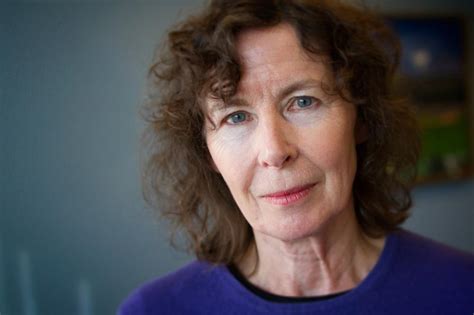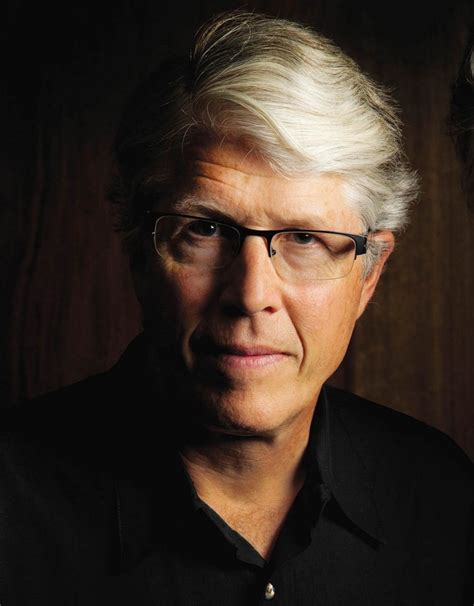A Quote by Azar Nafisi
A good novel is one that shows the complexity of individuals, and creates enough space for all these characters to have a voice; in this way a novel is called democratic - not that it advocates democracy but that by nature it is so. Empathy lies at the heart of Gatsby, like so many other great novels - the biggest sin is to be blind to others' problems and pains. Not seeing them means denying their existence.
Related Quotes
Novels are political not because writers carry party cards -- some do, I do not -- but because good fiction is about identifying with and understanding people who are not necessarily like us. By nature all good novels are political because identifying with the other is political. At the heart of the 'art of the novel' lies the human capacity to see the world through others' eyes. Compassion is the greatest strength of the novelist.
A novel is not an allegory.... It is the sensual experience of another world. If you don't enter that world, hold your breath with the characters and become involved in their destiny, you won't be able to empathize, and empathy is at the heart of the novel. This is how you read a novel: you inhale the experience. So start breathing.
Some TV shows are like really good novels in that there are enough episodes that you start to have your own feelings about how the characters should act. When the scriptwriters go slightly wrong, when they make the character make a left turn that he or she wouldn't do, you know enough about the characters to say, "No, that's not what she would do there. That's wrong." You can actually argue with a TV show in a way that you can't do as much with movie - you inhabit a TV show in the way you inhabit a novel.
But to be perfectly frank, this childish idea that the author of a novel has some special insight into the characters in the novel ... it's ridiculous. That novel was composed of scratches on a page, dear. The characters inhabiting it have no life outside of those scratches. What happened to them? They all ceased to exist the moment the novel ended.
The present era grabs everything that was ever written in order to transform it into films, TV programs; or cartoons. What is essential in a novel is precisely what can only be expressed in a novel, and so every adaptation contains nothing but the non-essential. If a person is still crazy enough to write novels nowadays and wants to protect them, he has to write them in such a way that they cannot be adapted, in other words, in such a way that they cannot be retold.
The difference does not lie in the things that news does that novels do not do, but in the things that novels do that news cannot do. In other words, this basic technique of news - just one among many - is something a novel can use, but a novel can deploy a multitude of other techniques also. Novels are not bound by the rules of reportage. Far from it. They're predicated on delivering experience.
I've made the decision to adhere to three general truths when it comes to my novels: There will be a love-story element to the story, the novel will be set in eastern North Carolina, and the characters will be likeable. Then, I make each novel unique through differences in voice, perspective, age and personalities of the characters, and of course, plot.
In The Last of Her Kind, Sigrid Nunez once again creates characters of such depth and situations of such vivid moral complexity that reading these pages is like living them. Only as I closed the book did I sadly realize that Georgette and Ann weren't my neighbors. But happily I can revisit them again, and again, in this beautiful and absorbing novel.
A human being creates complexity by writing a novel on the surface of paper; a weather system creates complexity by writing waves on the surface of an ocean. What is the difference between the information carried in the words of a novel and the information carried on the waves of the sea? Listen, and the waves will speak, and someday, I tell you, you will write your thoughts on the surface of the sea.
In general, I think every novel is a political novel, in that every novel is an argument about how the world works, who has power, who has a voice, what we should care about. But political novels can be boringly polemical if they end up being too black and white, too one dimensional, like war is bad, killing people is wrong.




































